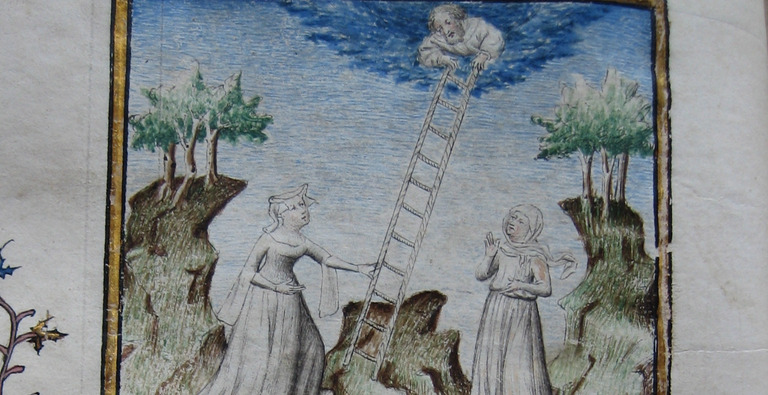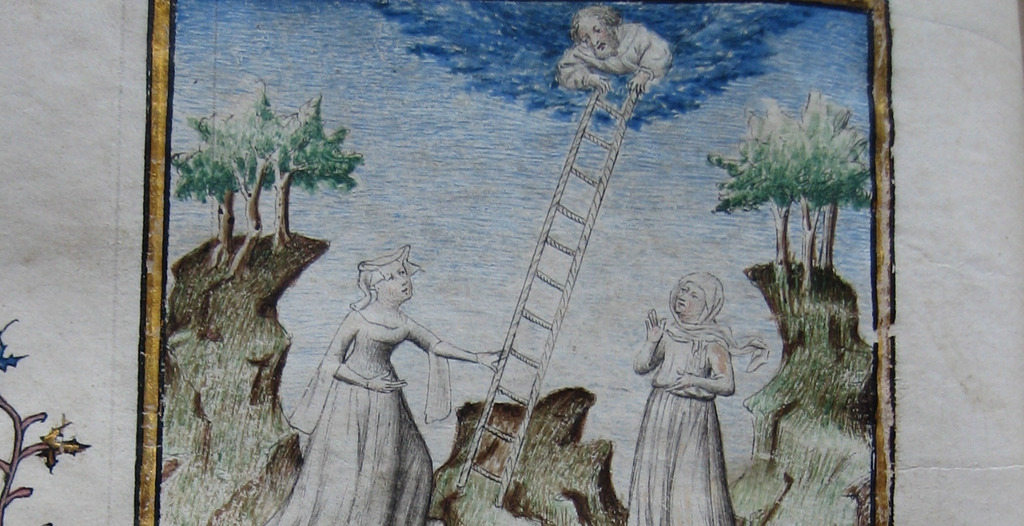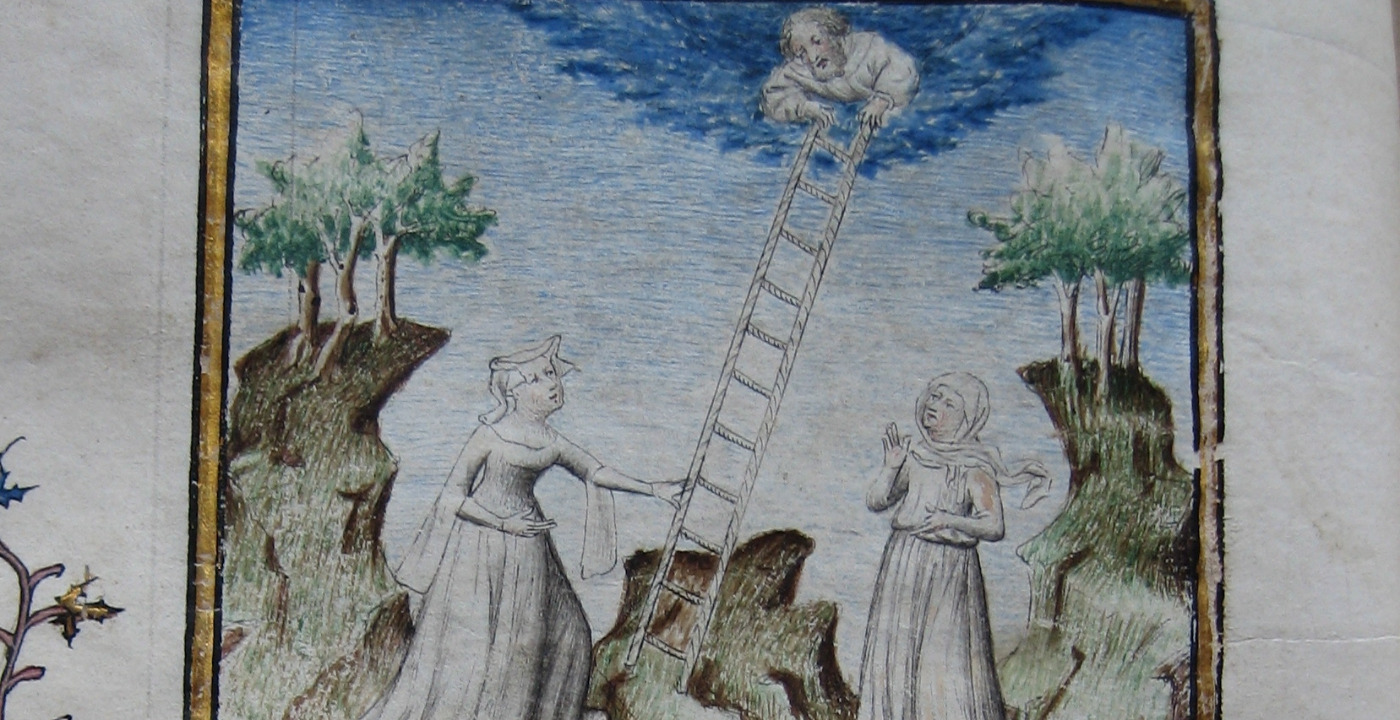Introduction by Gina Luria Walker, Director of the New Historia
We are honored to introduce Christine de Pizan and her contribution to the long tradition of feminism in Europe to The New Historia.
Although mostly forgotten until the 1980s, Christine de Pizan was a force in her own time and long after. We invite two distinguished scholars with differing but complementary knowledge of her to help recover Christine’s life, thought, influence, and explain her significance as an abiding feminist presence for us today.
Karen Green tells us, “Christine de Pizan was remarkable in her own time as a writer, compiler, and publisher of illuminated manuscripts, which spanned the genres of poetry, prose romance, political advice, and history. Her mirrors for a prince and discussion of the justice and art of war were widely copied and printed during the fifteenth and sixteenth centuries, without their female author always being acknowledged. Her Book of the City of Ladies set out to refute the Aristotelian view that women are deficient in prudence and discernment and so incapable of justly ruling men. It stands at the beginning of a long tradition, in Europe, of works celebrating noble women and proposing women's moral and spiritual equality with men, which set the scene for the transformation of marriage from a relationship of political subjection, into an equal partnership grounded in affection, and ultimately, for modern calls for women's equal political participation.”
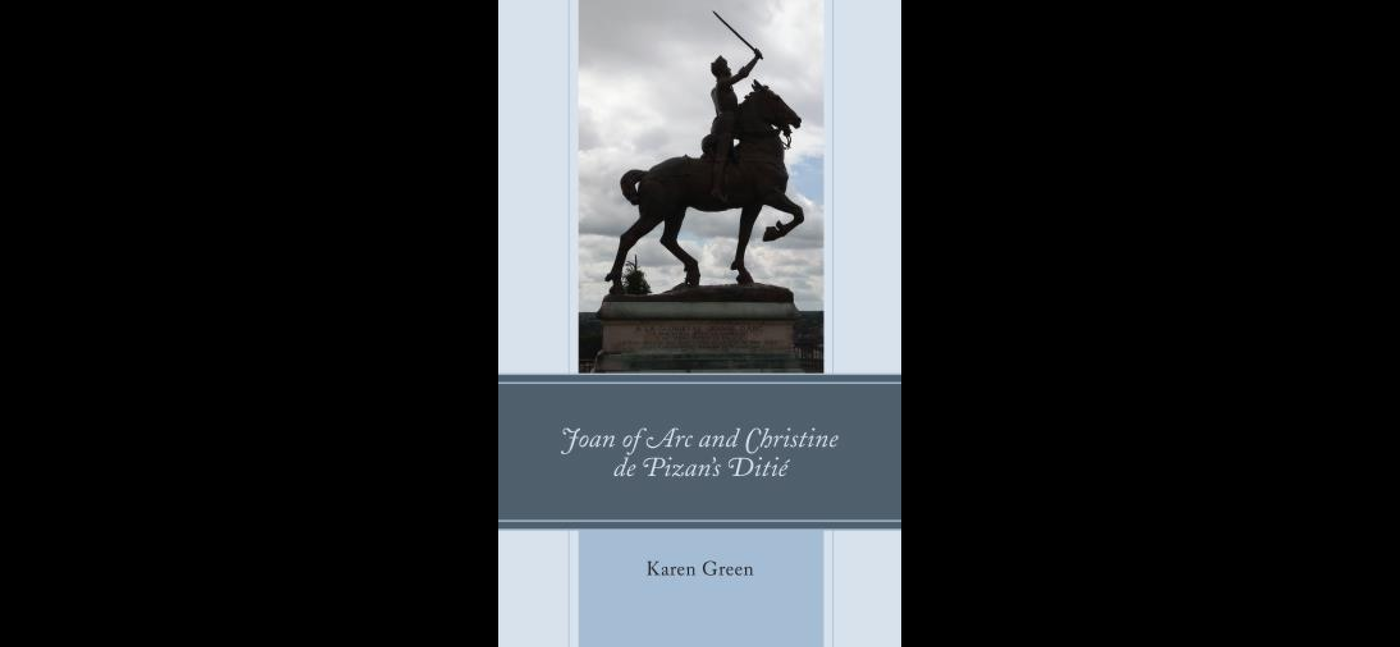
Inés Villela-Petit advises, “I became familiar with Christine’s voice, the voice of a lady in blue from the Middle Ages who compared herself to a small bell ringing loudly and had the foreknowledge that she would be read in the centuries to come.” Christine presented herself as a wise woman whose extensive knowledge and hard-won experience gave her the ability to instruct others on the meaning of political events, how to produce peace among warring factions, and why Joan of Arc was a welcome miracle who accomplished what men could not.
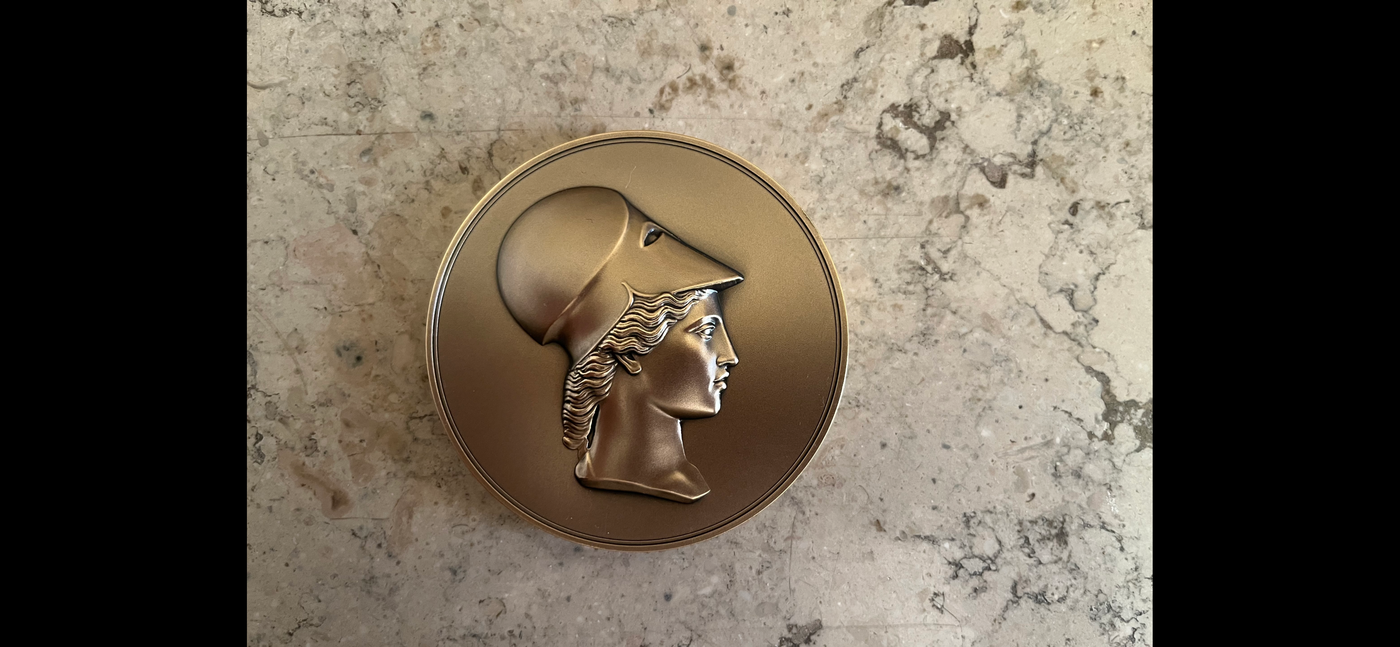
Verses from Le Ditié de Jehanne d'Arc (translation by Karen Green)
Christine’s celebration of Joan of Arc’s role in the French military victories over the English after a century of war was the only popular account written while Joan was alive. This was Christine’s final work before her death in 1431.
And you blessed Maid,
Should you be forgotten,
For God has honoured you so much
Who has untied the ropes
That tied down France so tight?
Can we praise you enough
When this land, humiliated
By war, has come to peace?
You Joan, born in a blessed hour,
Praise be to him who made you!
Maid who God commanded,
In whom the Holy Spirit bestowed
His grace, in whom all with
Great generosity is given from on high,
No request denied,
Who ever could repay you?
Of what could any more be said
Not even great feats of the past?
Moses in whom God endowed
So much virtue and grace
That he without being cowed
The people of God out of Egypt led
By a miracle. Just so have we
Escaped from evil. Maid elect!
Karen Green has published many articles on Christine’s milieu and on her political thought, as well as the book, Joan of Arc and Christine de Pizan’s ‘Ditié’ (2021) and, with Constant Mews, edited the collection, Healing the Body Politic, the political thought of Christine de Pizan (2005). In 2008 she published a translation of Christine’s Livre de Paix (2008).
Inès Villela-Petit was Curator at the Bibliothèque nationale de France in Paris. She took part in the study of the original manuscripts of Christine de Pizan. Her book on L’Atelier de Christine de Pizan was honored with a medal from the French Académie des Inscriptions et Belles Lettres in 2022. https://www.i-villela-petit.fr/
